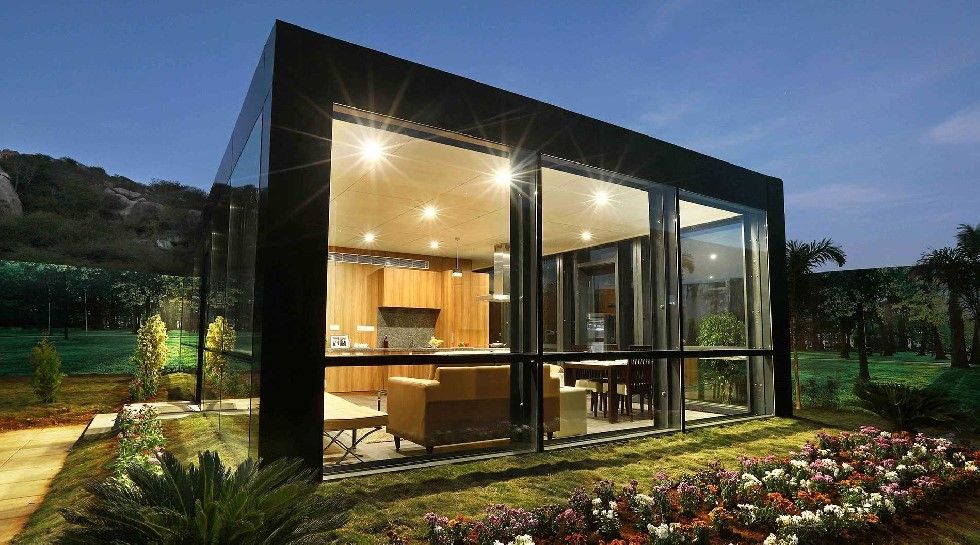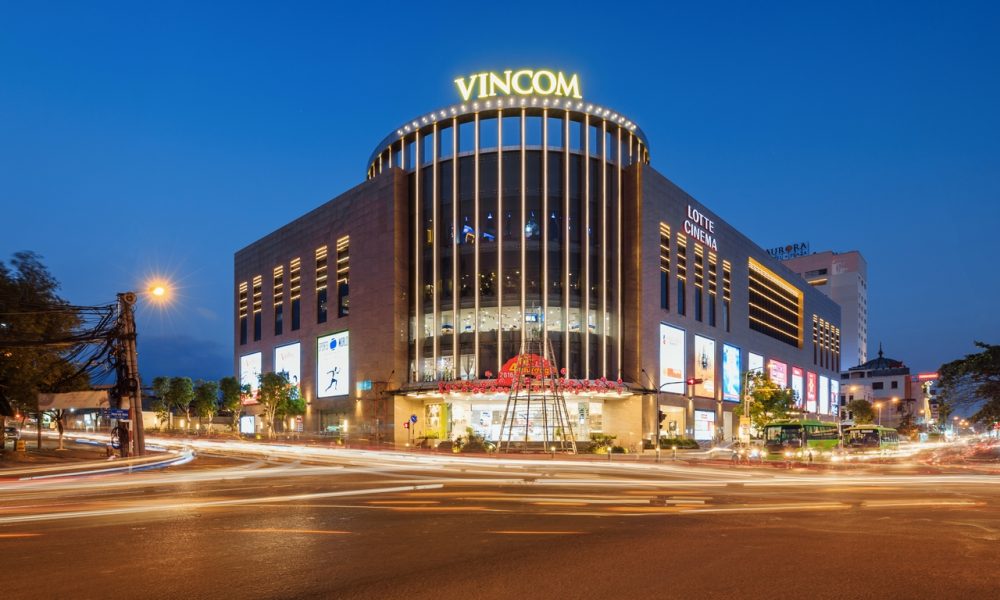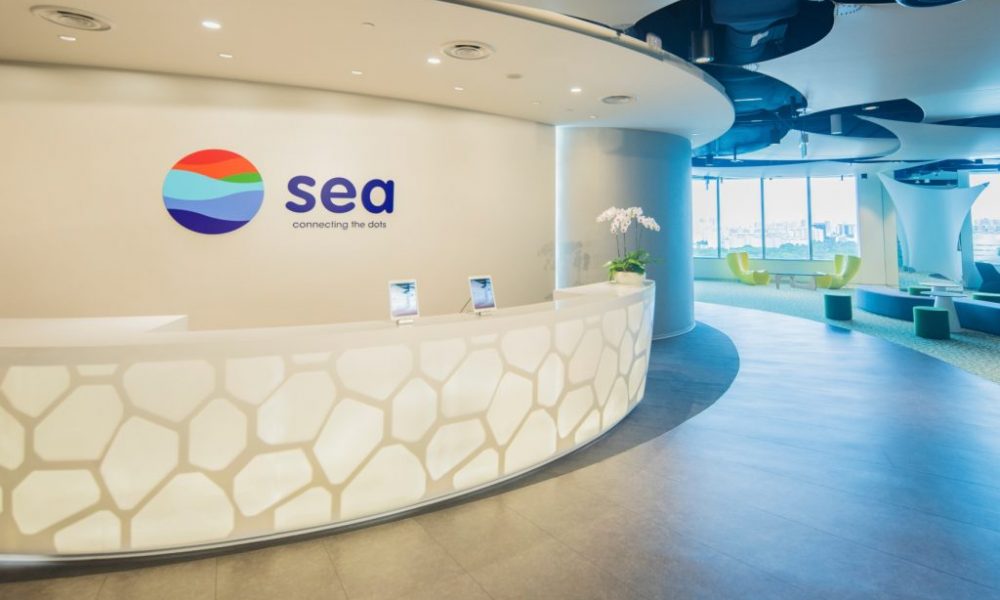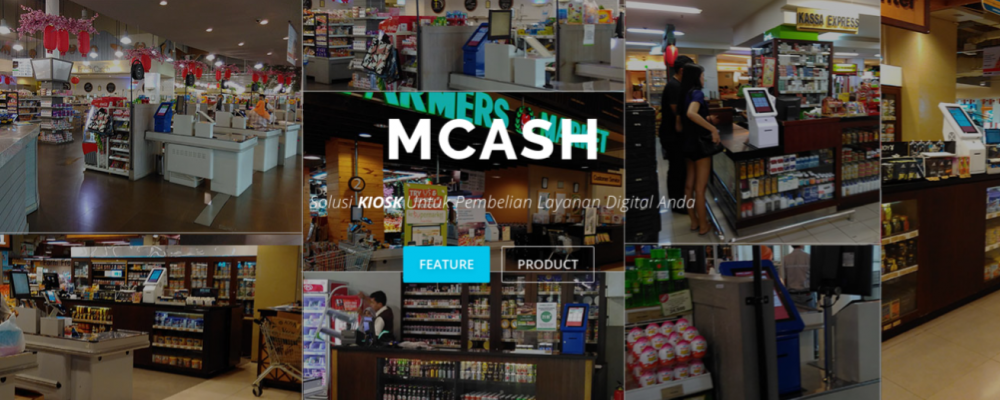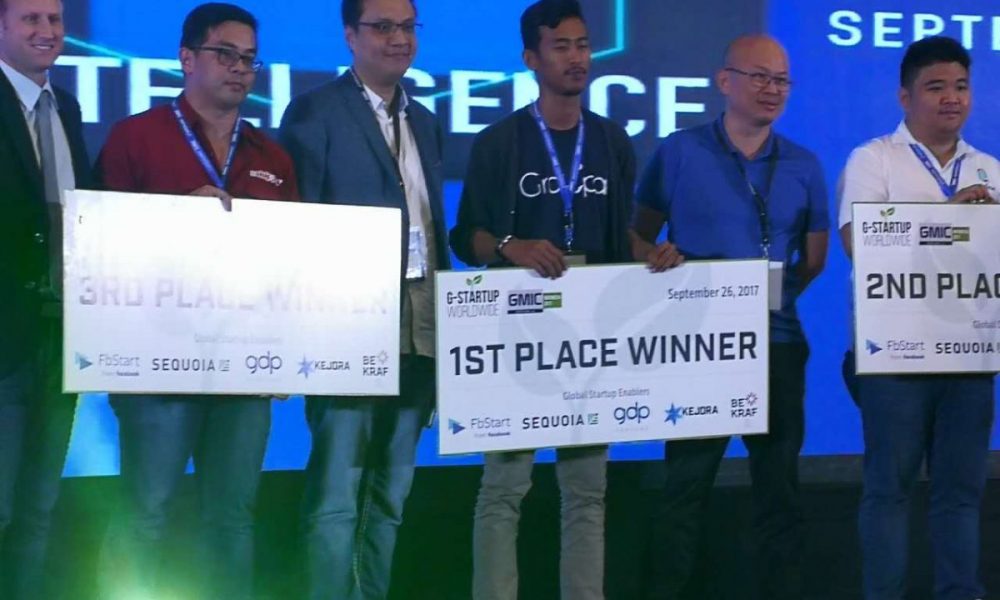Year: 2017
Philippines’ First Unicorn Revolution Precrafted brings an expensive taste to prefab homes
There has always been an appeal for designer homes. Like when Patrick Cox was moving to Ibiza, the Canadian-British shoe designer managed to sell his London home for US$3.62 million despite the uncertainty surrounding Brexit. Truth is, designer homes can be hard to come by, and if there are any other options – it would mean you have to go to the designer itself.
But what if owning a designer house is as easy as a trip to IKEA? This is the vision Revolution Precrafted is aiming for being the world’s only branding house startup.
The startup is mixing prefab homes and luxury branding to revolutionize the real estate industry not just in the Philippines but around the world. Although it will only be two years old this December, the startup has already reached the unicorn status with its funding last week from Singapore’s K2.
Different from most startups, Revolution Precrafted hasn’t really been looking to raise capital. The startup has been profitable from the start. However, venture capitals and investment firms just couldn’t miss out the chance.
Khailee Ng, the managing partner of 500 Startups said, “the company didn’t need to raise. I had to convince them to take my money for value-add, not cash.”
On the other hand, K2 is founded by venture capitalist Ozi Amanat which has been known for his investments in Alibaba and Twitter before their public offering. The investment firm also counts several other unicorns in its portfolio including Spotify, Magic Leap, and Paytm.

Source: Business Insider
However as excited as I was on the emergence of a new unicorn from Southeast Asia. After the initial thrill, I can’t help but wonder about the volatility of technological startups that has all aimed to disrupt the real estate industry. Will Revolution Precrafted purvey?
The startup is founded by Robbie Antonio who is one of the four sons of Century properties Group Inc. founder Jose E.B. Antonio. He is a voracious art collector and the brains behind family projects in collaboration with big names including Paris Hilton and the Trump Group.
Having grown up in the ever-dynamic real estate industry, Antonio knows the pain points and the massive opportunities that Revolution Precrafted can take advantage of. That is for real estate developers to deliver projects as quickly and as cost-efficiently possible.
The startup supplies the market with prefabricated homes which components has already been manufactured and pre-assembled before the on-site build. This include modular homes, condominium, pop-up retail stores, and fitness centers.
But unlike other prefab manufacturers such as Blu Homes or Acre Design, buildings designed by Revolution Precrafted all bear the names of some of the world’s top names in design and architecture.

Image Source: Inhabitat.com
From award-winning famous architects like Zaha Hadid and Jean Nouvel to celebrities like Tom Dixon and Lenny Kravitz, Revolution Precrafted provides ready designs which interested home buyers can choose from. This helps free time from the designing phases as well as the high price charged in unique designs.
Client can boast of living in a home designed by actor and singer Lenny Kravitz without having to pay the full cost but getting all of the benefits, in term of speed, quality, and branding.
But ultimately, Antonio’s greatest assets are also ownership of the intellectual property of world-class designers, the global network of fabricators and his invaluable relationships with developers and landowners. Through his ties with quality fabricators, the founder can complete the developments faster.
A 50-square-meter home can be done in as fast as three months as opposed to the usual two years since most of the components had already been fabricated, ready for assembly at the job site.
With this access to branded design of living spaces by combining world-renowned designers and latest advances in construction technology, Revolution Precrafted is able to democratize this area in the real estate industry.

Image Source: Revolution Precrafted
Prefabricated Homes and Gucci Bags
Buying a luxury handbag these days seems to be no more uncommon than buying salmon for dinner at Walmart. The physical appeal of luxury goods is undeniable – the leather is softer, the shoes are more comfortable – the question is will it be the same – when it come to a designer home?
With a branded house strategy, Revolution Precrafted has to build a strong brand. One that is both easily recognizable and memorable, as well as desirable. As prefabricated homes has all along been advertised as easy, convenient, and cheap.
In fact, you can buy an entire house from Amazon.com at one-tenth of the price charged by Revolution Precrafted for $36,000 plus shipping. It’s a one-bedroom abode with a shower, toilet, sink, kitchenette, all hooked up to external sewer, electric, and water connection.
In this case, Revolution Precrafted has to build a taste for luxury designer home for the mass market. But I do think that once prefabricated homes has hit a certain tipping point, it will cause us – or at least a sizable cohort of us – to reevaluate a lot of the fundamentals of modern society which are so essential
Revolution Precrafted may have marked the unicorn status, still most of the concern over its future is to build its reputation among the mass market. And only then will the startup become the biggest home supplier in the world.
Vincom Retail launches Vietnam’s largest IPO worth up to US$713 million
Vincom Retail, the shopping mall subsidiary of Vingroup has launched Vietnam’s largest-ever initial public offering (IPO), in a deal worth up to US$713 million.
The largest shopping mall operator in Vietnam, Vincom Retail owns 41 commercial centers throughout the nation. Its popular brands include Vincom Center, Vincom Mega Mall, Vincom Plaza, and Vincom+.
The IPO will take place on the HCM Stock Exchange (HOSE) consisting of 380.22 million shares for institutional investors and another 19 million for retail investors.
Meanwhile, the price range for the shares are set in an indicative range of 37,000 to 40,600 dong apiece, which translates to about US$1.63 to US$1.79.
This would place the offering at up to 16.2 trillion dong (about US$713 million) with all proceeds going to Vincom Retail private equity investors and other shareholders.
According to Bloomberg, Singapore sovereign fund GIC Pte and Franklin Templeton Investments are among cornerstone buyers that have agreed to purchase about $382 million of stock, or 59 percent of the base offering.
At present, Vincom Retail has two foreign shareholders – Warburg Pincus and Credit Suisse AG – which owns 15.7 percent and 5.06 percent of the mall operator respectively.
Even before the IPO, the operations of Vincom Retail has been among the most profitable segments in VinGroup.
According to the company’s first-half financial report, the business line has earned more than 2.88 trillion dong (about US$126.78 million) in revenue for the first six months.
For its IPO, SEA Group scales back public offering size to US$800 million
Singapore’s SEA Group, formerly known as Garena, which is slated to make its debut on the New York Stock Exchange (NYSE) in early 2018 has scaled down its public offering size from the much reported figure of US$1 billion to US$800 million.
In an updated SEC filing, SEA Limited will be offering 49,690,000 American Depositary Shares to be sold in the offering, at the indicated range of between US$12.00 and US$14.00.
With these terms, a share sale at the upper limit price band of US$14 will manage to raise close to US$700 million of capital while at US$12, it could be around US$600 million. The proposed maximum aggregate offer price, based on the filing is US$800 million.
The amount to be raised via IPO will be cut by almost US$200 million, as compared to the previous reported figure of US$1 billion that SEA Group has been looking to raise.
Under the United States Securities Law, SEA is labelled as an emerging growth company and is eligible for reduced public company reporting requirements.
Since its inception in 2009, SEA is best recognized for its Garena gaming business, which predominantly focuses on PC games. In recent years, the startup has branched out into ecommerce with its Shopee service and digital payments service AirPay.
Revenue-wise, the startup said that a significant portion of its revenue is generated from online games while its ecommerce and online financial service businesses are still in their early stages of monetization and do not generate any significant revenue at the moment.
“In the last three years and for the first six months ended June 30, 2017, our digital entertainment business on average contributed more than 94.9% of our total revenue,” said SEA. “Among our online games, we are substantially dependent on a small number of games”
Then again, the startup hope that its revenue sources would diversify as each of its three businesses continue to grow.
“As we further monetize our e-commerce business and expand our digital financial services business, we expect the revenue generated from these businesses will make us less dependent on the revenue from our digital entertainment business.”
In its earlier SEC filing, the startup has noted its challenges with a history of losses. However, SEA believes that it maintains a strong market position, with the regions underlying fundamentals being drivers for future growth.
The proceeds from the listing will be used by the company to grow its business, including research and development, user acquisition, and content procurement. While the remainder will be deployed for working capital and other general corporate purposes.
If successful, the main beneficiary of the SEA listing will be Tencent with 39.7 percent share, followed by Blue Dolphins Venture which holds 15 percent. Meanwhile SEA Founder Forrest Li himself has 20 percent and CTO Gang Ye has 10 percent.
This IPO is an important event for Southeast Asia as SEA is the much anticipated listing that investors and founders look forward to head the pathway for other IPOs from the region.
Indonesia startup M Cash Integrasi set to IPO in November
After announcing its plans for a year-end IPO back in May, Indonesia’s ecommerce startup M Cash Integrasi (MCI) is now revealing its IPO price at between Rp 1,300 and Rp 1,405 (about US$0.097 to US$0.11).
The startup is set to list on the Indonesian Stock Exchange (IDX) in November, where it will be offering up to 216 million shares, which is equivalent to 25 percent of its paid-up capital.
If successful, the company will raise up to Rp 300 billion (about US$22 million) in fresh funds which will be used for business expansion and working capital requirements.
M Cash Integrasi will also become the second startup to be listed on the IDX after Kioson, an O2O e-commerce service company who is a rival to Grab’s Kudo.
Currently, the company has also reportedly receive a strong response to its anchor book, driven by the market’s optimism about the technology space in the country.
“So far, we are open to strategic partners who want to enter, and many strategic partners and funds have expressed interest in M Cash,” Suryandy Jahja said.
According to Kresna’s managing director Suryandy Jahja, the company has received strong anchor book interest from investors in Hong Kong, Singapore, Australia, United Kingdom, and the United States.
“We want to make sure that the anchors will be good names, so well will be very, very selective,” Jahja added.
Although the anchor book allocation period was closed last Wednesday, other investors can still place their bookings from October 5 until October 19.
Founded in 2010, M Cash Integrasi generate physical cards such as mobile SIM and e-money with automatic registration, in addition to other services including credit top-up, routine bill payment, and e-commerce transactions.
M Cash Integrasi said it is already profitable in business, having reported a revenue of Rp 480 billion (about US$73 million) in 2016.
Kresna Graha investment currently owns 17.6 percent of shares in the company. By the end of the year, the investment firm will help MCI launch 1000 outlets, and double that number in 2018.
GrowPal wins G-Startup Indonesia 2017 for aquaculture investment platform
Global startup competition G-Startup Worldwide recently announced GrowPal, an aquaculture investment platform as the winner of G-Startup Indonesia 2017.
Foreign language e-learning platform Squline and logistics aggregator platform Shipper has won the second and third place respectively.
GrowPal is a P2P lending platform that helps freshwater fishermen to raise funding for their businesses, in addition to shipping these products to countries like the United States, France, and Russia through partnerships with export companies.
Founded by Paundra, the startup is currently working with fishermen in Pacitan, Situbondo, Karimun Jawa Island, and Makassar. It monetizes through taking 15 percent of every investment, claiming to be profitable with US$1.5 million of Gross Merchandise Volume (GMV).
As the winner, GrowPal has won an investment cheque worth US$150,000 from GWC Innovator Fund and Kejora Ventures, as well as represent Indonesia at the G-Startup Worldwide final round in Silicon Valley.
GrowPal will go up against representatives from other countries, including Tel Aviv winner Donde Fashion, an AI-powered visual search for eCommerce and Beijing winner Zion China, a startup researching the kinetics of glucose metabolic.

